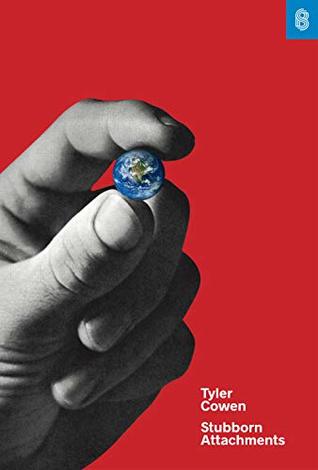More on this book
Community
Kindle Notes & Highlights
by
Tyler Cowen
We should pursue large rather than small benefits, and we should have a deep concern for the more distant future rather than discounting it exponentially. Our working standard for evaluating choices should be to increase sustainable economic growth,
there is plenty of room for our morality, including our political morality, to be strict and based in the notion of rules and rights. We should subject ourselves to the constraint of respecting human rights, noting that only semi-absolute human rights
We have some rules for what to do—maximize sustainable growth—and other rules—rights—which place some constraints on those choices. In other words, the lower-order rules exist within the confines of higher-order rules, namely respecting human rights.
It is nice to see the practical benefits of rules recognized, but the noble lie approach is too cynical. It assumes that rules are philosophically weak to begin with when they are not. So rather than viewing belief in strict rules as a noble lie, view it as a very important noble truth.
we should be very cautious in our attitudes about specific policies. Even if we succeed in taking true aim at what we think are the best courses of action, the chance that we are right on the specifics—even if the chance is as high as possible—is still not very high.
Policy should be more forward-looking and more concerned about the more distant future.
would therefore like to be more suspicious of our little voice in favor of supreme short-run pragmatism.
“The Repugnant Conclusion. For any possible population of at least ten billion people, all with a very high quality of life, there must be some much larger imaginable population, whose existence, if other things were equal, would be better, even though its members have lives that are barely worth living.”
I’m not sure those Muzak and potatoes lives are well described by comparing them to human lives as we know them. Even in the world’s poorest countries, people have rich human relations and very moving and beautiful cultures. Maybe those Muzak and potatoes lives are better described by a comparison with (some) non-human animals.
Why should we choose flourishing and more complex human lives over a larger number of slightly happy animal lives


